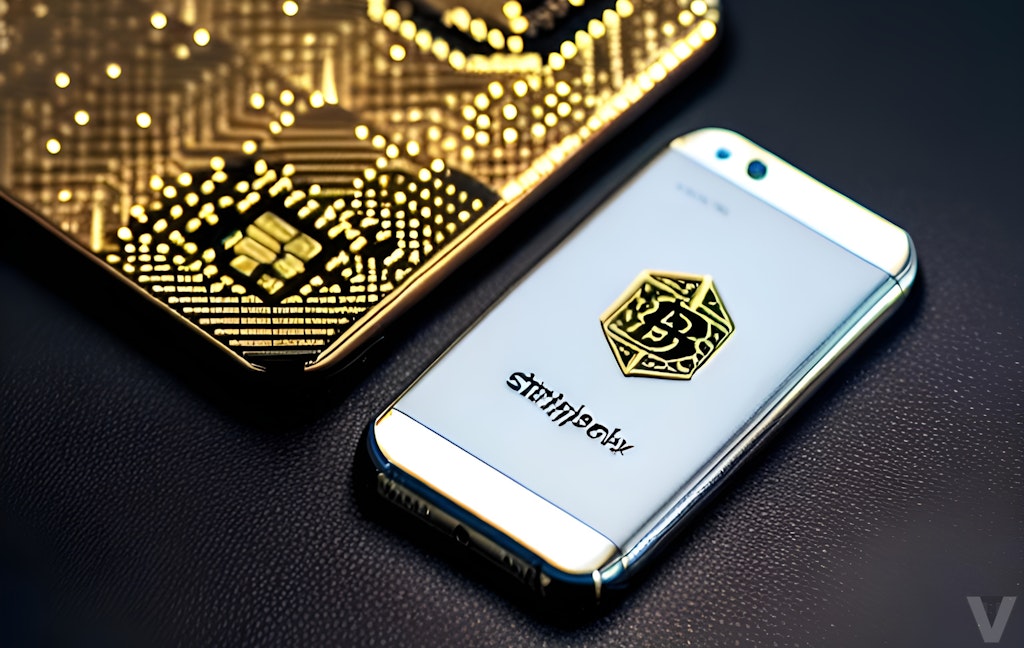|
Getting your Trinity Audio player ready... |
Smart contracts are self-executing programs that use blockchain technology to implement the contract. Smart contracts are becoming the next big thing in the world of tech and finance as they offer numerous benefits, including cost-effectiveness, proper security, and efficiency. However, as technology advances, the risks for cybersecurity also increase simultaneously. Smart contracts are not completely immune to cybersecurity risks. Hence, developers must implement best practices to enhance security and mitigate risks. In this article, we will learn about the basics of smart contracts and cybersecurity, best practices for developing smart contracts, and cybersecurity strategies for developers.

What are Smart Contracts?
Smart contracts are just like any usual contract agreements you use to exchange property, money, shares, or anything valuable. But the twist is these contracts are digital and decentralized. With smart contracts, you don’t need a middleman or any third party to do your deed.
Smart contracts are programs that use blockchain technology to facilitate, verify, or enforce the negotiation and performance of a contract. They are secure and transparent in nature meaning all participants can immediately see the outcome without the involvement of a third party or any time loss. Moreover, they are self-executing programs, automatically enforcing the rules and regulations of the agreement. As they are stored on a decentralized network of computers, it is very difficult for hackers and thieves to tamper with them.
However, despite their transparency and security benefits, smart contracts are still vulnerable to cybersecurity risks. For instance, hackers can exploit vulnerabilities in smart contracts by executing malicious code and stealing sensitive data. Therefore, it is important for developers to implement the best practices and take enough measures to enhance the cybersecurity of their smart contracts.
What are the Best Practices for Smart Contracts?
Smart contracts have to be properly designed and coded. Otherwise, cybersecurity attacks can harm them. Here are a few best practices for developers to follow when creating and employing smart contracts.
Write a secure Solidity code:
For smart contracts built on blockchains such as Ethereum, Solidity coding language is a top choice. Developers should write code and practice safe and secure tools while writing code, including input validation, error handling, and avoiding known vulnerabilities.
Use standardized frameworks and libraries:
Vulnerabilities in the smart contract code can be prevented by using standardized libraries and frameworks. Developers should make use of well-known libraries that have undergone security audits. Security professionals are constantly auditing such libraries and helping developers to create safe and secure smart contracts. Libraries that are tested and approved by the blockchain community help developers minimize the risk of introducing new vulnerabilities in smart contracts.
Test smart contracts meticulously:
Before deployment, smart contracts need to be carefully evaluated and tested. Developers may test their code and find any problems using tools like Truffle or Remix. Functional and security testing should both be done.
Perform code reviews:
In order to identify vulnerabilities in the code early, developers must be vigilant while performing code reviews. Code reviews help identify bugs and errors and act as a shield for hackers, preventing them from entering.
Be cautious with external calls:
Smart contracts should be designed to limit external calls to other contracts or APIs. External calls can introduce vulnerabilities, such as reentrancy attacks.
Smart contracts auditing:
Developers must be aware of the latest regulatory requirements relating to smart contracts and blockchain technology. This makes it easier to guarantee that their smart contracts adhere to the most current rules and regulations.
- Testing for Compliance: To make sure that their smart contracts adhere to legal requirements, developers should test for compliance.
- Data Privacy: To secure sensitive user data, developers must make sure that their smart contracts abide by data privacy laws.
- Audits: Audits such as compliance audits assist in finding any compliance gaps and ensure the smart contract complies with all legal standards.
What are Some Important Cybersecurity Techniques for Developers?
To make their smart contracts more secure, developers should follow these cybersecurity best practices:
- Multi-factor authentication: Multi-factor authentication offers additional layers of security by requesting identity from users before granting access to the smart contract.
- Frequent Updates: To address security issues and patch vulnerabilities, developers should update their smart contracts often, test them regularly and keep an open eye for any code errors that might occur.
- Data Encryption: Developers need to implement strong data encryption policies to safeguard sensitive information and thwart unwanted access.
- Access Controls: To limit the access of smart contracts to authorized parties only, developers need access controls.
What are the Best Tools to Enhance Cyber Security when Working with Smart Contracts?
There are various tools available that developers can use to ensure the security of their smart contracts. Some of them are:
- Bug Bounty Programs: It helps identify faults in smart contracts and lets developers fix them before hackers can infiltrate the network.
- Code Analyzers: They not only help developers recognize the errors but also provide them with ways to fix the problems.
- Penetration Testing: Penetration testing involves simulating cyberattacks to identify vulnerabilities in the smart contract and assess its overall security posture.
Conclusion:
With these best practices, developers can deploy more secure, efficient smart contracts that comply with regulatory standards. Developers must take crucial measures to ensure the security of their smart contracts by adopting essential cybersecurity strategies and using tools to enhance security.














